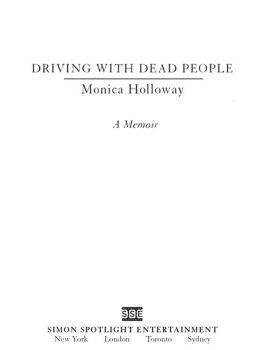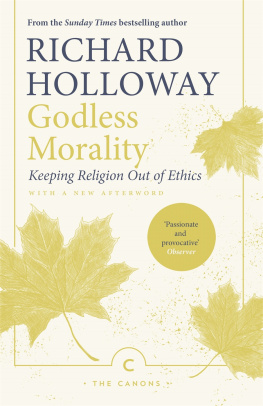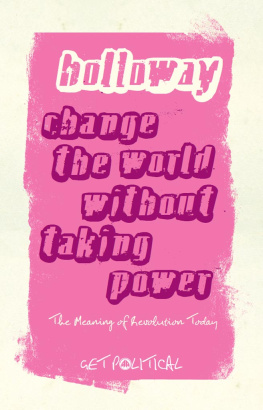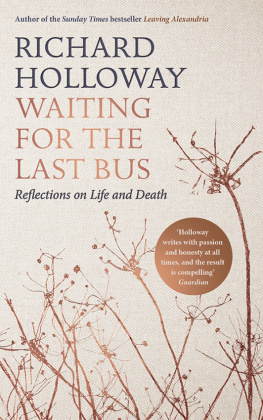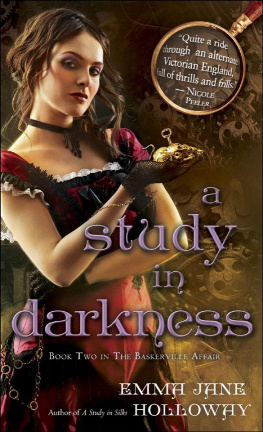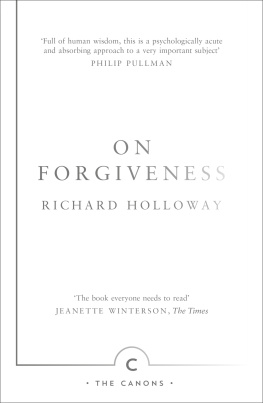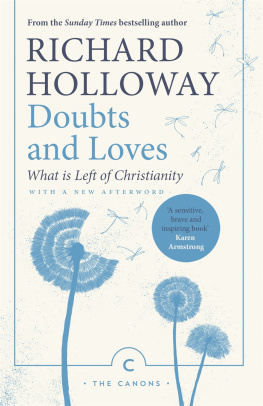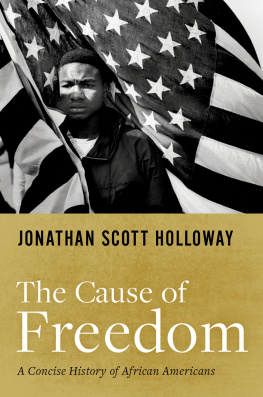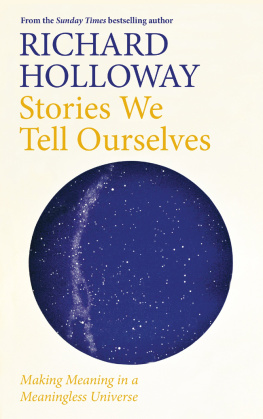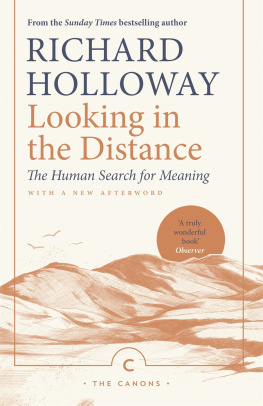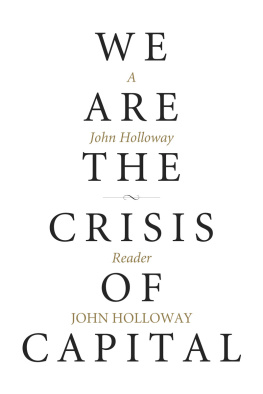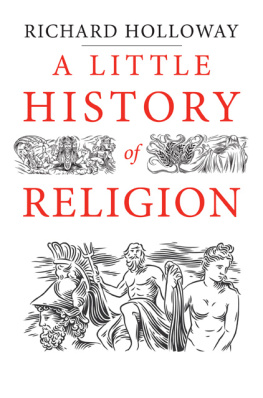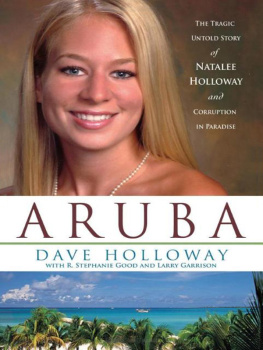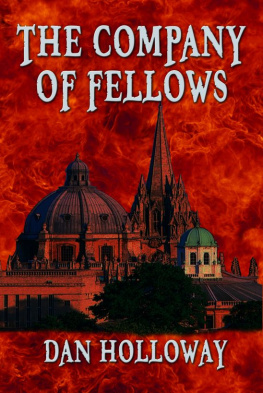JIM CROW WISDOM
Publication of this book was supported in part by a generous gift from Eric Papenfuse and Catherine Lawrence.
2013 The University of North Carolina Press
All rights reserved
Set in Miller by codeMantra
Manufactured in the United States of America
The paper in this book meets the guidelines for permanence and durability of the Committee on Production Guidelines for Book Longevity of the Council on Library Resources. The University of North Carolina Press has been a member of the Green Press Initiative since 2003.
Lucille Clifton, why some people be mad at me sometimes, from The Collected Poems of Lucille Clifton. Copyright 1991 by Lucille Clifton. Reprinted with the permission of The Permissions Company, Inc., on behalf of BOA Editions Ltd., www.boaeditions.org.
Top of the World. Words and music by John Bettis and Richard Carpenter. Copyright 1972 ALMO MUSIC CORP. and HAMMER AND NAILS MUSIC. Copyright renewed. All Rights Administered by ALMO MUSIC CORP. All Rights Reserved. Used by Permission. Reprinted by Permission of Hal Leonard Corporation.
A Story Like No Other. Written by Chris Thomas King. Published by Young Blues Rebel Music. Reprinted by permission of Chris Thomas King Tours, LLC.
Library of Congress Cataloging-in-Publication Data
Holloway, Jonathan Scott.
Jim Crow Wisdom : Memory and Identity in Black America since 1940 / Jonathan Scott Holloway.
pages cm
Includes bibliographical references and index.
ISBN 978-1-4696-1070-2 (hardback)
ISBN 978-1-4696-2641-3 (pbk. : alk. paper)
1. Race awarenessUnited States. 2. African Americans Race identity. 3. African AmericansPsychology. 4. African Americans History20th century. 5. MemorySociological aspects. 6. Holloway, Jonathan Scott. I. Title.
E 185.625. H 64 2013
305.896073dc23
2013015591
For Ellison and Emerson, the literal embodiment of my future, and for Aisling, who made this future possible.
For my ancestors, whose future I came to understand and appreciate in writing this book, but especially for my mother. If anyone in my memory deserves a standing ovation, it is she.
CONTENTS
ILLUSTRATIONS
Cartoon editorial, Gunnar Myrdal and An American Dilemma,
Kay and Wendell Holloway, newly married,
At the net, Lester Granger and William Trent Jr.,
I Been Buked, Revelations,
Trying to bathe the black away, Watermelon Man,
Lott Drive, Montgomery, Alabama,
The neighborhood kids in Montgomery,
Kay Holloway, my mother,
Lt. Col. Wendell Holloway, my father,
Vi Trent, my maternal grandmother,
Jannifer Scales, Brian Holloway, and Pam Pryor at the Scales family reunion,
John Holloway, my paternal grandfather,
Fannie Holloway, my paternal grandmother,
My Colonial Williamsburg stockade keepsake photograph,
Slave cabins, Evergreen Plantation,
Kitchen collectibles, Evergreen Plantation,
Tomb of the Unknown Slave, Trem, New Orleans,
Fishing village, Cape Coast, Ghana,
ACKNOWLEDGMENTS
As Ive discovered, when you write a book about memory, you can become fairly obsessed about your capacity for forgetfulness. Keeping that in mind, I need to begin my acknowledgments with an apology: I can only assume that in the paragraphs that follow I will have forgotten some peopleclose friends, evenwho played a real role in helping this book come to fruition. I am sorry for this oversight, but I want you to know (and you know who you are) that I think of you all the time.
This book began in Harvey Kayes living room. When I told him my plans for the next project, he said they werent that interesting and wondered what else I had on my mind. After I rambled on for a few flustered minutes about memory and identity, he said Id be a fool for considering anything else. I love the fact that Harvey set me straight in a way that only he can. Although the project has changed considerably since I previewed it for him, I think he will like what he sees. If not, Im sure hell let me know.
My first opportunity to focus on this project came during a sabbatical year at the Stanford Humanities Center (SHC). The SHC staff, in general, was phenomenal. I particularly benefited from my extended conversations with Chiyuma Elliott, Pei-pei Lin, and Elizabeth Wahl. The Humanities Center fellows were an exceptional lot as well. Numerous lunchtime conversations helped me see the project from entirely fresh perspectives.
During that same year, I benefited enormously from the camaraderie and support of key figures in Stanfords American studies and African American studies communities: Clayborne Carson, Sandra Drake, Vera Grant, John Rickford, Arnold Rampersad, Shelley Fisher Fishkin, Harry Elam, and Michele Elam. I also profited from the research assistance of Christina Knight, an SHC undergraduate fellow. The participants in the SHC-hosted Black Routes Symposium were particularly insightful: Dwight McBride, Ann duCille, Joy Ann Williamson, Martha Biondi, Leigh Raiford, and Maurice Stevens.
Closer to my home of the last fourteen years, my colleagues at Yale have been enormously helpful at every stage. I dont have room here to offer the finer details of their contributions, but without their wisdom, interruptions, encouragement, and probing questions this project would be a mere shadow of itself. For their abiding faith, I thank Elizabeth Alexander, David Blight, Jon Butler, Hazel Carby, Robert Stepto, Paul Gilroy, Jennifer Baszile, Matthew Jacobson, Joe Roach, Paige McGinley, Terri Francis, Glenda Gilmore, Caryl Phillips, Ron Eyerman, Rich Brooks, Dolores Hayden, Adom Getachew, Joshua Guild, Brandon Terry, Grace Leslie, Caitlin Casey, Erin Wood, and Jeffrey Gonda. I also suffered from an embarrassment of riches when it came to research assistance. At various points along the way Jonathan DiMaio, Emily Weissler, Sarah OBrien, Nate Glasser, Natalie Papillion, Shira Concool, Amanda Branson Gill, and Aurora Edington gave their time, focus, and ideas. Andrew Horowitz deserves special recognition not only for his research assistance but, more importantly, for convincing me that using a first-person voice was critical to the project. Jennifer Parker, another special assistant, answered my queries, helped me wade through a thicket of false starts, and demonstrated an acute sensitivity for tone and execution. As the project moved toward production, Dave Griffin in Yales Media and Photographic Services Group offered critical assistance.
In Yales Offices of the President and Provost I am indebted to Rick Levin, Peter Salovey, Lloyd Suttle, Emily Bakemeier, and Joy McGrath. In the Yale College Deans Office, Mary Miller, Joe Gordon, Mark Schenker, and Susan Cahan were consistently enthusiastic in their support. External to Yale, significant help with the projects completion came from the W. E. B. Du Bois Research Institute (with a special nod to Abby Wolfe) and the Alphonse Fletcher Sr. Fellowship.
When I was in my most intense writing mode, I learned a lot about my project from the special opportunities I had to present various of its sections at workshops. To that end, I must thank Yales African American Studies Endeavors Colloquium, the American Studies Symposium, the Critical Encounters Series (also housed in American Studies), and the Legal History Forum. Away from New Haven, I am in debt to my hosts at the Duke University Law Center, the Charles H. Warren Center at Harvard, the American Studies Program at Brown, the Centers for African American Studies at Princeton and Wesleyan, the Social Science Division at the University of Chicago, the African and African American Studies Department at Northwestern (specifically, the Leon Forrest Endowed Lecture series), and, most critically, the Writing History Group at Cornell. My experience at Cornell pushed me in precisely the right way at precisely the right moment. To that end, thanks go to Tina Post, Daegan Miller, Amy Kohout, Josi Ward, Laura Martin, Carmen Krol, and Brian Cuddy. Aaron Sachs, the faculty sponsor of the Cornell group and an old friend as well, deserves special acknowledgment. His close read of the manuscript at several late stages was invaluable, as was his abiding enthusiasm for the manuscripts experiment of voice and form.
Next page

